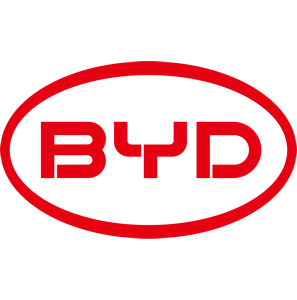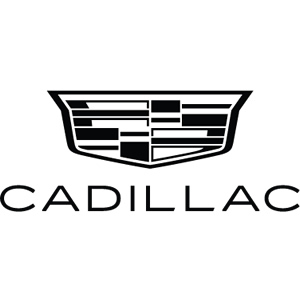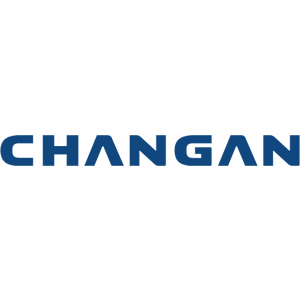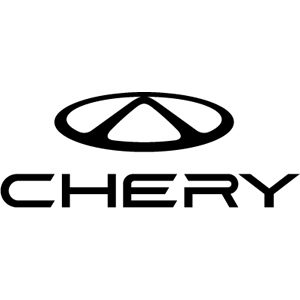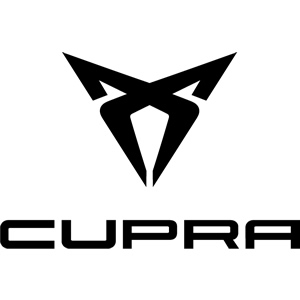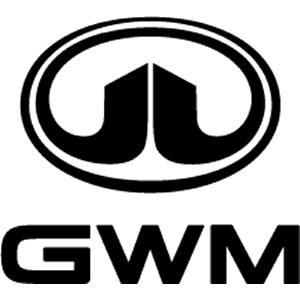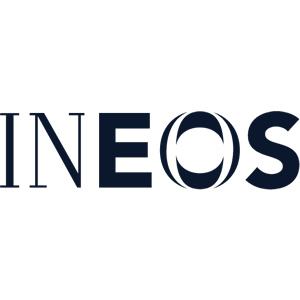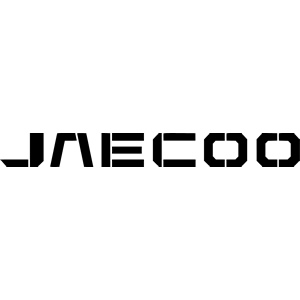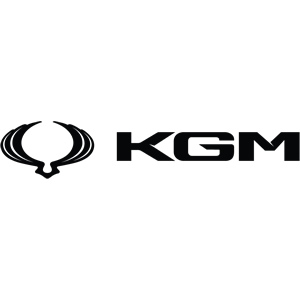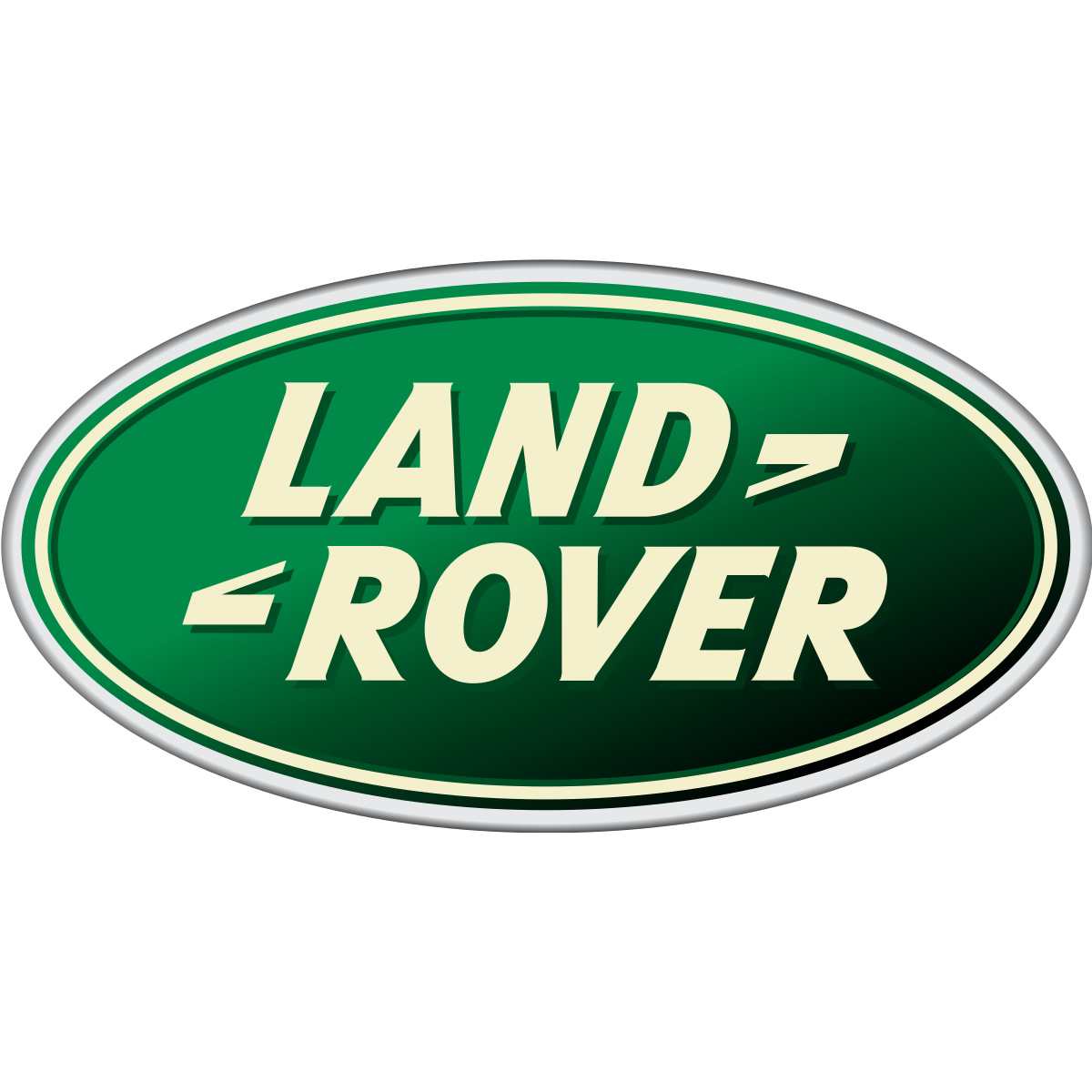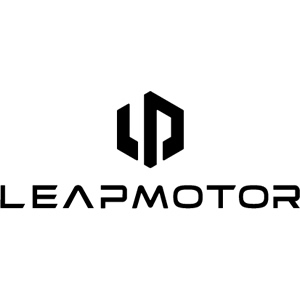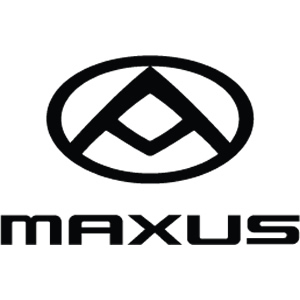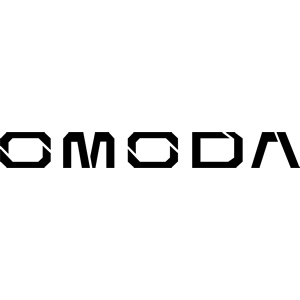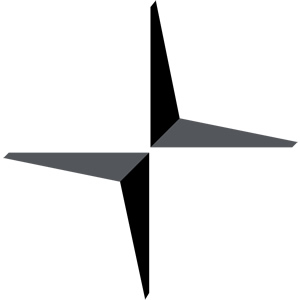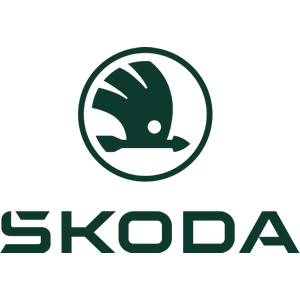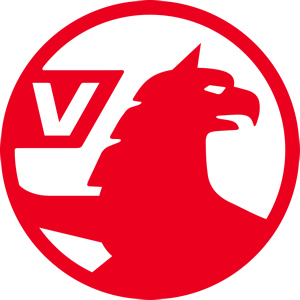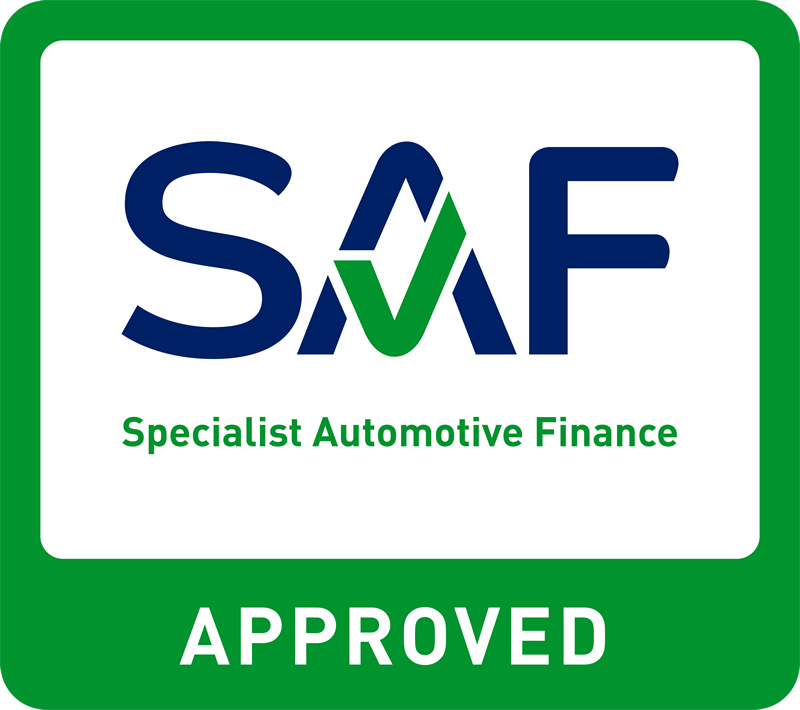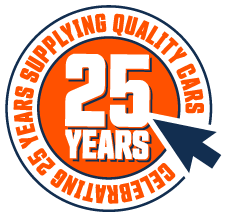New UK Ford Cars
Ford PCP QuoteBuy new Ford Cars at cheap prices from UK franchised Ford dealers
A Brief History of Ford Cars
Not many businesses have had a similar impact on the world as a certain motor company that was begun on the 16th June 1903. Henry Ford and 11 business associates signed an agreement that would lead them to become one of the largest corporations in the world. With this agreement and $28,000 in cash, the foundations were laid for the Ford Motor Company, a company that would go on to change the lives of millions of people all over the world.
Henry Ford quickly realised that the company's future depended on mass-produced vehicles at affordable prices and he achieved this with the first production line for cars. This was achieved in 1913, five years after the launch of the now world-famous Model T Ford. Up to this point, car manufacturers moved the workforce around the plant to complete various stages of manufacture. However Henry Ford came up with a solution that is still used today, where the vehicle is moved through each stage of the manufacturing process and workers just repeat the same task over and over, allowing each individual worker to become far more efficient, and in becoming so, much faster. Incredible success followed and nineteen years after the launch of the Model T, Ford had sold an amazing 15 million units.
Ford soon realised it was losing sales to GM and Chrysler as they had vehicles that spanned many niches, from the cheap end of the market right through to luxury cars. People could stay loyal to these brands by upgrading their vehicles as they became more affluent, so in 1925 the Ford Motor Company bought out the Lincoln Motor Company and Ford were then able to offer luxury vehicles as well as vehicles for the lower end market. Other acquisitions were made and in 1938 Ford added the Mercury brand to their growing lineup, giving them a foothold in the mid-range market place and now customers could stay loyal to the brand no matter what their personal circumstances were.
With the event of the Second World War, Ford's production methods were used to bolster the war effort and nowhere was this illustrated better than in the production of the B-24 Liberator Bomber. Before Ford began manufacturing the bomber, production was limited to just one aircraft per day and that was assuming everything went to plan. Ford's Willow Run factory however when running at peak production, could manufacture one B-24 per hour, twenty-four hours a day, taking production from thirty units per month to over 600 units per month.
Two years after the end of the war Henry Ford sadly passed away and it is estimated more than seven million people mourned his death worldwide. His eldest grandson, Henry Ford II who was made president of the Ford Motor Company in 1945, would head the company for the next fifteen years and would oversee the company becoming a publicly traded corporation in 1956.
Ford has made various other acquisitions over the years including Jaguar and Land Rover in the UK, Volvo and a one third controlling interest in Mazda, however not all these buyouts have increased the profit for the company and in 2006, Ford took the decision to mortgage everything it owned, not only its property portfolio but also its intellectual rights and its stakes in its subsidiaries. In total this equated to over 23 billion dollars, these monies are to be used to restructure the company and to develop a new product range through to 2009 and Ford expect this to cost in the region of 17 billion dollars.
If you are looking to buy a brand new Ford, Brokers4Cars can help you secure your dream new Ford car at a discounted rate. Simply find your perfect vehicle and get in touch, and our new car brokers team will guide you through the process of buying your new car.
Show More.jpg) New Ford Capri Estate
This modern-era Ford Capri has virtually nothing other than its name in common with the brand's iconic last century combustion coupe. It's a mid-sized...
New Ford Capri Estate
This modern-era Ford Capri has virtually nothing other than its name in common with the brand's iconic last century combustion coupe. It's a mid-sized...
.jpg) New Ford Explorer Electric Estate
This electric Ford Explorer isn't the brand's first EV, but it's the company's first really significant step into this market. A mid-sized SUV that...
New Ford Explorer Electric Estate
This electric Ford Explorer isn't the brand's first EV, but it's the company's first really significant step into this market. A mid-sized SUV that...
.jpg) New Ford Focus Estate
The Focus Active is the car you buy if you like the idea of a mid-sized SUV but can't quite bring yourself to buy one. In this lifestyle-orientated...
New Ford Focus Estate
The Focus Active is the car you buy if you like the idea of a mid-sized SUV but can't quite bring yourself to buy one. In this lifestyle-orientated...
.jpg) New Ford Focus Hatchback
The Ford Focus has evolved, this MK4 version offering slicker looks, higher interior quality and extra technology. There's also greater efficiency...
New Ford Focus Hatchback
The Ford Focus has evolved, this MK4 version offering slicker looks, higher interior quality and extra technology. There's also greater efficiency...
.jpg) New Ford Grand Tourneo Connect Diesel Estate
The improved seven-seat Ford Grand Tourneo Connect is a rugged but cleverly-engineered people mover that's sourced from commercial vehicle roots but...
New Ford Grand Tourneo Connect Diesel Estate
The improved seven-seat Ford Grand Tourneo Connect is a rugged but cleverly-engineered people mover that's sourced from commercial vehicle roots but...
.jpg) New Ford Grand Tourneo Connect Estate
The Focus Active is the car you buy if you like the idea of a mid-sized SUV but can't quite bring yourself to buy one. In this lifestyle-orientated...
New Ford Grand Tourneo Connect Estate
The Focus Active is the car you buy if you like the idea of a mid-sized SUV but can't quite bring yourself to buy one. In this lifestyle-orientated...
.jpg) New Ford Kuga Estate
The Ford Kuga has evolved in this third generation guise into a more credible mid-sized SUV contender that now benefits from an engine range featuring...
New Ford Kuga Estate
The Ford Kuga has evolved in this third generation guise into a more credible mid-sized SUV contender that now benefits from an engine range featuring...
 New Ford Kuga Estate Special Editions
New Ford Kuga Estate Special Editions
.jpg) New Ford Mustang Convertible
With a 2.3-litre turbocharged engine offering the option of better fuel economy than the traditional V8, as well as a lower price point, this improved...
New Ford Mustang Convertible
With a 2.3-litre turbocharged engine offering the option of better fuel economy than the traditional V8, as well as a lower price point, this improved...
.jpg) New Ford Mustang Fastback
The sixth generation version of Ford's iconic Mustang has been smartened up for European markets - but not beyond recognition. As before, there's a...
New Ford Mustang Fastback
The sixth generation version of Ford's iconic Mustang has been smartened up for European markets - but not beyond recognition. As before, there's a...
.jpg) New Ford Mustang Mach-e Estate
Electric cars are often rather dull. But this one, Ford's Mustang Mach-E, very definitely isn't. The use of that famous name - and the styling cues...
New Ford Mustang Mach-e Estate
Electric cars are often rather dull. But this one, Ford's Mustang Mach-E, very definitely isn't. The use of that famous name - and the styling cues...
.jpg) New Ford Puma Gen-e Electric Hatchback
So much of Ford's European profitability over the next few years hangs on this car, the Puma GEN-E. It's the Blue Oval brand's first properly car-like...
New Ford Puma Gen-e Electric Hatchback
So much of Ford's European profitability over the next few years hangs on this car, the Puma GEN-E. It's the Blue Oval brand's first properly car-like...
 New Ford Puma Hatchback
Ford finally gets really serious about the small SUV segment - in the shape of this charming little Puma model. It champions mild hybrid tech and...
New Ford Puma Hatchback
Ford finally gets really serious about the small SUV segment - in the shape of this charming little Puma model. It champions mild hybrid tech and...
 New Ford Puma Hatchback Special Editions
Having made the standard version of its small Puma crossover pretty sporty to drive, Ford couldn't resist releasing this top ST version, complete with...
New Ford Puma Hatchback Special Editions
Having made the standard version of its small Puma crossover pretty sporty to drive, Ford couldn't resist releasing this top ST version, complete with...
.jpg) New Ford Tourneo Connect Diesel Estate
The improved Ford Tourneo Connect is a clever and well-engineered van-based people mover that's offered in normal five-seat or long-wheelbase...
New Ford Tourneo Connect Diesel Estate
The improved Ford Tourneo Connect is a clever and well-engineered van-based people mover that's offered in normal five-seat or long-wheelbase...
.jpg) New Ford Tourneo Connect Estate
Most of us have squeezed children or pets into a car before, but Ford's rejuvenated Tourneo Connect compact MPV can comfortably take much more. From...
New Ford Tourneo Connect Estate
Most of us have squeezed children or pets into a car before, but Ford's rejuvenated Tourneo Connect compact MPV can comfortably take much more. From...
.jpg) New Ford Tourneo Courier Electric Estate
Ford's E-Tourneo Courier brings the market for small van-based electric MPV is right up to date. It's practical affordable to run and surprisingly...
New Ford Tourneo Courier Electric Estate
Ford's E-Tourneo Courier brings the market for small van-based electric MPV is right up to date. It's practical affordable to run and surprisingly...
.jpg) New Ford Tourneo Courier Estate
Ford re-invents it's Tourneo Courier small van-based MPV for a new era. But still offers it with the more affordable option of mild hybrid petrol...
New Ford Tourneo Courier Estate
Ford re-invents it's Tourneo Courier small van-based MPV for a new era. But still offers it with the more affordable option of mild hybrid petrol...
Read what our customers have to say
View Over 600 reviews HERE
The only very minor disappointment was the car was dirty on arrival but the delivery driver offered to get it cleaned before leaving.







